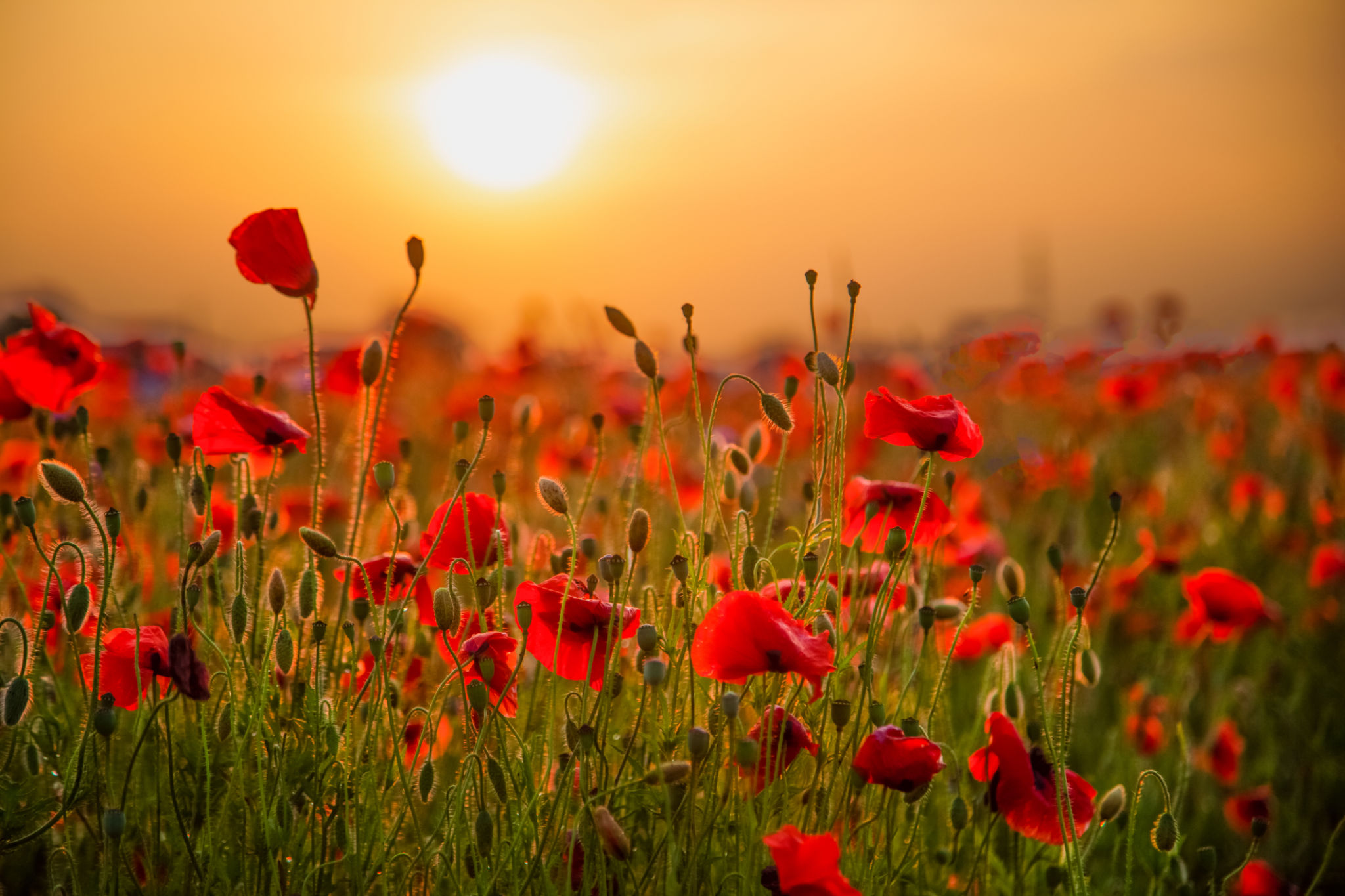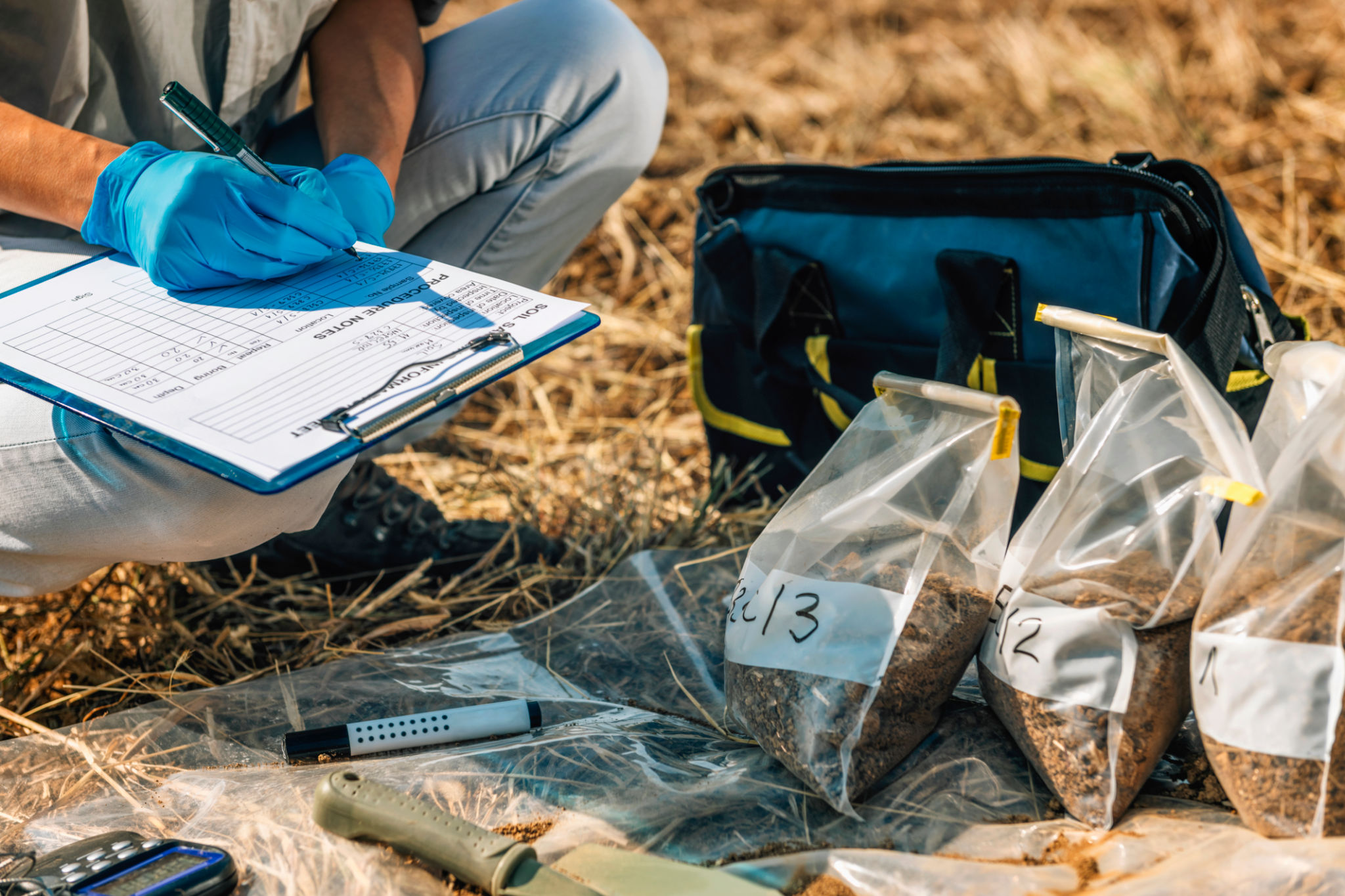How to Choose the Best Plants for Your Edible Garden in Flanders
Understanding the Flemish Climate
When planning your edible garden in Flanders, it's crucial to understand the local climate. The region experiences a temperate maritime climate, characterized by mild winters and cool summers. This means that your plant choices should be able to thrive in such conditions. Understanding the climate will help you choose plants that are more likely to succeed, reducing the risk of crop failure.

Choosing the Right Fruits and Vegetables
The next step is selecting fruits and vegetables that will flourish in Flanders. Some popular choices include:
- Leafy Greens: Spinach, kale, and lettuce are hardy and can thrive in cooler temperatures.
- Root Vegetables: Carrots, beets, and radishes are perfect for Flanders' soil conditions.
- Fruits: Strawberries and raspberries grow well and can handle the regional climate.
These plants not only tolerate the climate but also add variety to your edible garden.
Considering Soil Quality
The quality of your soil is another important factor when selecting plants for your garden. Flanders has diverse soil types, ranging from sandy to clay. It's essential to test your soil's pH and nutrient levels to ensure optimal growth conditions. Amending your soil with organic matter can improve its structure and fertility, making it more suitable for a wider range of plants.

Seasonal Planting Tips
Timing is everything when it comes to planting in Flanders. Understanding the growing seasons will help you plan your garden more effectively. Typically, it's best to plant cool-weather crops in early spring or late summer, while warm-weather crops should be planted after the last frost in late spring.
Utilizing Companion Planting
Companion planting can greatly benefit your edible garden by promoting healthy growth and deterring pests. For instance, planting onions alongside carrots can help repel carrot flies. Similarly, marigolds can be planted near tomatoes to ward off nematodes. These natural partnerships can lead to a more productive and healthy garden.

Managing Pests and Diseases
Pests and diseases are common challenges in any garden. In Flanders, slugs and snails are frequent nuisances due to the damp climate. Natural solutions such as introducing slug-repellent plants or using organic slug pellets can help protect your crops. Regular monitoring and maintenance are key to keeping your garden healthy.
Watering Practices
Proper watering is essential for any successful garden. In Flanders, where rain is fairly common, it's important to avoid overwatering. Installing a rainwater collection system can be a sustainable way to water your plants during dry spells. Ensure that your garden has good drainage to prevent waterlogged roots, which can lead to plant diseases.

Harvesting Your Bounty
The final step in your gardening journey is harvesting. Pay attention to the maturity indicators of each plant type to ensure you're picking them at their peak flavor and nutritional value. Regular harvesting can also encourage plants to produce more throughout the season.
In conclusion, choosing the best plants for your edible garden in Flanders involves understanding the climate, selecting suitable plants, and managing soil and water conditions effectively. With careful planning and maintenance, you can create a thriving garden that provides fresh produce throughout the growing season.
